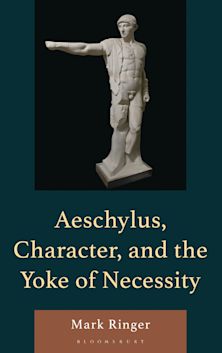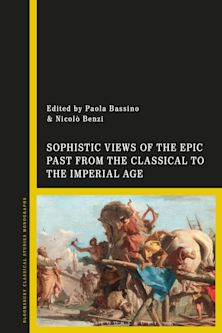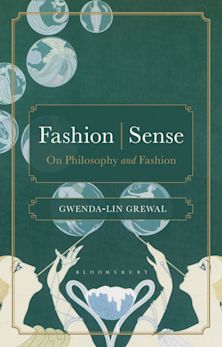- Home
- ACADEMIC
- Classical Studies
- Ancient Philosophy
- Philoponus: On Aristotle Posterior Analytics 1.9-18
Philoponus: On Aristotle Posterior Analytics 1.9-18
Philoponus: On Aristotle Posterior Analytics 1.9-18
This product is usually dispatched within 1 week
- Delivery and returns info
-
Free US delivery on orders $35 or over
You must sign in to add this item to your wishlist. Please sign in or create an account
Description
In this part of the Posterior Analytics, Aristotle elaborates his assessment of how universal truths of science can be scientifically explained as inevitable in demonstrative proofs. But he introduces complications: some sciences discuss phenomena that can only be explained by higher sciences and again sometimes we reason out a cause from an effect, rather than an effect from a cause. Philoponus takes these issues further. Reasoning from particular to universal is the direction taken by induction, and in mathematics reasoning from a theorem to the higher principles from which it follows is considered particularly valuable. It corresponds to the direction of analysis, as opposed to synthesis.
This volume contains an English translation of Philoponus' commentary, a detailed introduction, extensive explanatory notes and a bibliography.
Table of Contents
Introduction
Textual Emendations
TRANSLATION
Notes
Bibliography
English-Greek Glossary
Greek-English Index
Index of Passages Cited
Subject Index
Product details

| Published | Mar 01 2012 |
|---|---|
| Format | Hardback |
| Edition | 1st |
| Extent | 208 |
| ISBN | 9780715640890 |
| Imprint | Bloomsbury Academic |
| Dimensions | 9 x 6 inches |
| Series | Ancient Commentators on Aristotle |
| Publisher | Bloomsbury Publishing |
About the contributors
Reviews
-
This book is an important publication that will certainly help to make the work of Philoponus better known. The translation – the first ever into any modern language – makes the Greek text accessible to those with little or no Greek and will be an indispensable tool for students and scholars of ancient thought. The notes clarify many strange passages and provide valuable information about the tradition Philoponus is working in. Moreover, the book is well edited.8 Thus, there can be no doubt that many scholars and students will find the book highly useful.
Philpp Steinkruger, University of Cologne, Germany / K.U. Leuven, Belgium, Bryn Mawr Classical Review

ONLINE RESOURCES
Bloomsbury Collections
This book is available on Bloomsbury Collections where your library has access.



































